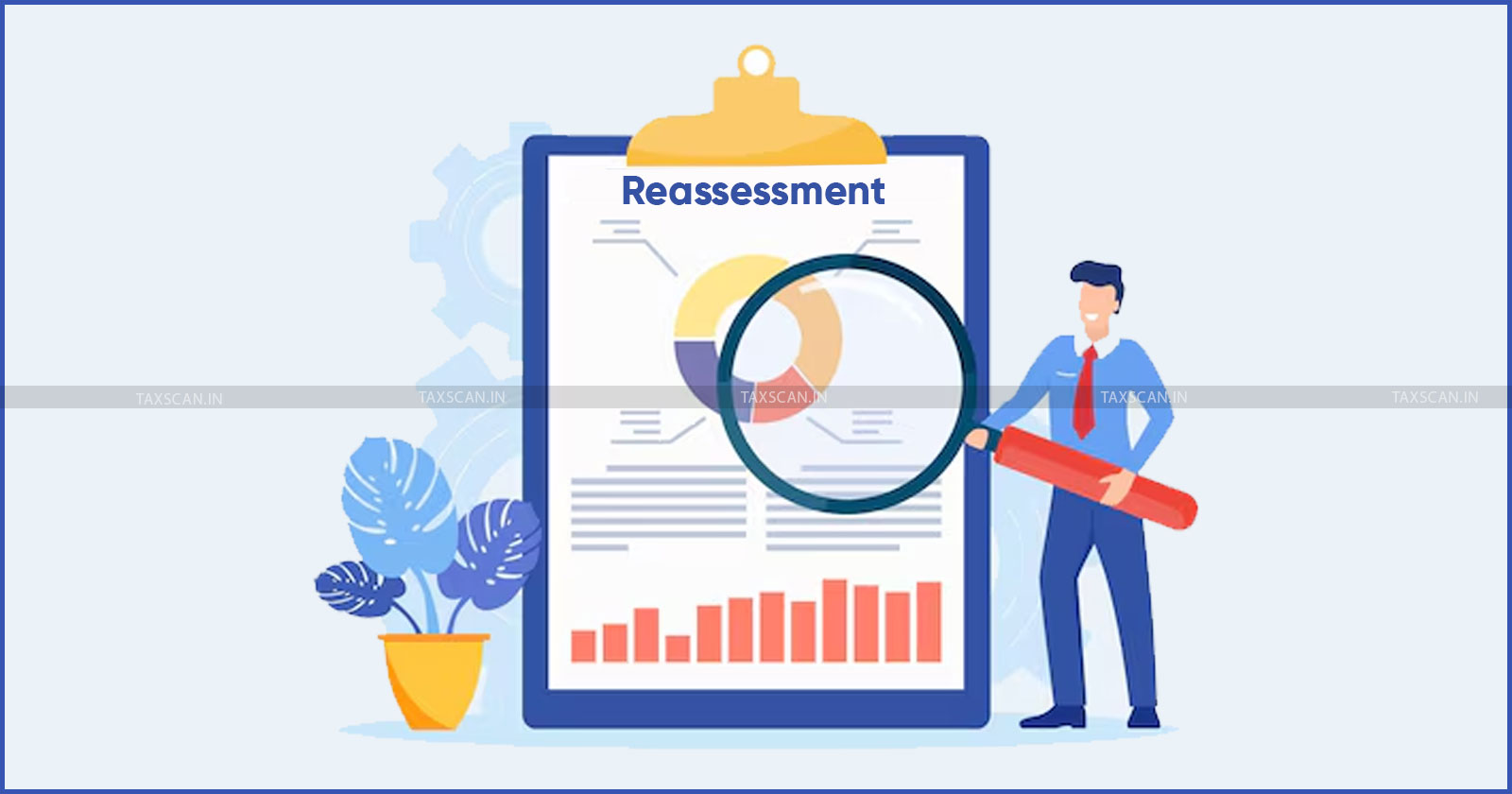Suspicion Insufficient to Levy Penalty Under Section 48(5) of UP VAT Act Rules Allahabad HC [Read Order]
The Court held that without evidence of intent to evade tax penalty under Section 48(5) of the U.P. Value Added Tax Act, 2008 cannot be justified.
![Suspicion Insufficient to Levy Penalty Under Section 48(5) of UP VAT Act Rules Allahabad HC [Read Order] Suspicion Insufficient to Levy Penalty Under Section 48(5) of UP VAT Act Rules Allahabad HC [Read Order]](https://images.taxscan.in/h-upload/2025/11/25/2107854-prnalty-vat-rule-taxscan.webp)
The High Court of Judicature at Allahabad held that a penalty under Section 48(5) of the U.P. Value Added Tax Act, 2008 (U.P. VAT Act) cannot be imposed merely on suspicion or based solely on the seizure of goods, without any verification of business records to establish intent to evade tax.
The appellant, M/s Sonu Metal Store, a proprietorship engaged in the business of purchase and sale of scrap metal, had transported goods worth ₹29,922 along with Central Tax of ₹5,980 to a buyer in Delhi. On 6.10.2014, the vehicle was intercepted by the Mobile Squad of the Commercial Tax Department on the allegation that the driver did not produce any documents and incorrectly stated that the goods were “cloth,” whereas physical verification revealed copper scrap. The vehicle was detained and a penalty of ₹1,22,400 was imposed, after which the goods were released.
 Also Read:No Satisfaction Recorded to Invoke S.153C under Income Tax: Calcutta HC Upholds S.147 Reassessment, Rejects assessee’s Jurisdictional Plea [Read Order]
Also Read:No Satisfaction Recorded to Invoke S.153C under Income Tax: Calcutta HC Upholds S.147 Reassessment, Rejects assessee’s Jurisdictional Plea [Read Order]
Proceedings under Section 48(5) of the U.P. VAT Act, 2008 were subsequently initiated, and despite the appellant’s reply, the penalty was confirmed on 31.03.2016. The first appeal was dismissed, and the second appeal before the Commercial Tax Tribunal was rejected. The appellant then approached the High Court.
Master the Latest Amendments in Income Tax Act Click here
Represented by Counsel Pranjal Shukla, the appellant argued that proceedings under Section 48(5) of the U.P. Value Added Tax Act, 2008 requires a definite finding that the transaction was omitted from the books of account with an intention to evade tax. The assessing authority itself recorded that entries had been made in the books of account after the seizure, but this alone could not justify an inference of evasion.
The bench of Justice Piyush Agrawal held that the imposition of penalty under Section 48(5) of the U.P. VAT Act, 2008 requires more than suspicion. The Court noted that once it was accepted that entries existed in the books of account, the authorities were duty-bound to verify their correctness through a survey, search, or provisional assessment.
 Also Read:Meals, Transport & Courier Expenses not Part of “Transfer of House Property”: ITAT Rejects NRI’s Income Tax Deduction Claims [Read Order]
Also Read:Meals, Transport & Courier Expenses not Part of “Transfer of House Property”: ITAT Rejects NRI’s Income Tax Deduction Claims [Read Order]
The Court observed that no such verification was ever conducted and that the inference of post-facto entry manipulation was drawn solely from the seizure of goods. The Court held that a penalty cannot be levied unless the authorities reach a definite conclusion that the transaction was not recorded with the intention to evade tax.
The Court set aside the orders imposing a penalty. The revision was allowed, and the question of law was answered in favour of the appellant.
Support our journalism by subscribing to Taxscanpremium. Follow us on Telegram for quick updates


